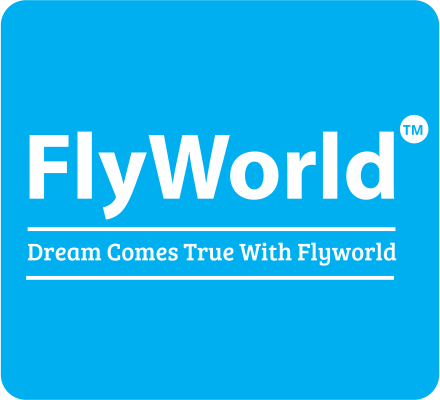Immigration Minister Sean Fraser explained to CIC News the process for fulfilling his mandate letter commitment to waive Canadian citizenship fees. This article is Part 4 of a special CIC News interview series with the minister.
The Canadian government needs more time to fulfil its promise to waive citizenship fees for applicants.
Immigration Minister Sean Fraser made this revelation in a recent sit-down interview with CIC News in Toronto.
The Canadian government announced shortly before the pandemic in late 2019 it would waive fees for new Canadian citizenship applicants. The pandemic delayed these plans and then Canada held a federal election last September. After the Liberal Party of Canada won their third straight election, Justin Trudeau asked his new immigration minister, Fraser, to follow through with the promise to waive citizenship fees. This is outlined in Fraser’s mandate letter, which contains his top immigration policy priorities.
When asked by CIC News on when this promise may be implemented, the minister responded “We don’t have a date for you, and I feel it’s best to be open.”
“The reason why is the decision to waive citizenship fees is not something that just exists within our [Immigration Refugee and Citizenship Canada (IRCC] authorities.”
He explained that the authority to do so also exists within the federal budgetary process and no decisions have been made yet for the next federal fiscal year.
Canada has one of the highest citizenship uptake rates in the world with some 85% of permanent residents becoming citizens. Prior to the pandemic some 250,000 people became citizens each year. However, some advocates argued that Canadian citizenship fees created barriers for low-income individuals to go ahead and become citizens. This explains why the federal government went ahead and said it wanted to waive fees altogether. It appears the government believes this policy will prove popular. A 2019 policy document by the Liberals suggested the government expected Canadian citizenship applications to increase 40% by 2024.
The Canadian citizenship application backlog increased significantly during the pandemic, which Fraser explained is a function of factors such as IRCC employees needing to work remotely and the lack of in-person citizenship ceremonies at the start of the pandemic. In April 2020, the citizenship inventory stood at 240,000 persons but it grew to 468,000 persons by October 2021. Recent data suggests IRCC has been making progress, with the backlog now at 395,000 persons.
Permanent residents who which to become Canadian citizens must meet certain criteria, such as physically residing in Canada for at least 1,095 days during the five years before they sign their citizenship application. Canadian citizenship by descent is also available to the first generation born abroad to a Canadian parent.
Fraser provided assurances that he is committed to fulfilling the policy priorities in his mandate letter. “Once we have of course we have news on that [waiving citizenship fees], we will be broadcasting it as widely as possible so that people know what to expect and timing for it to actually come into effect.”
Special interview series with Minister Fraser
CIC News sat down with the minister on June 21, 2022 to discuss the future of Canadian immigration.
Over the coming weeks, CIC News is releasing a special series of articles elaborating on the interview with Minister Fraser on topics including:
- Part 1: Express Entry all-program draws tentatively resuming on July 6
- Part 2: Immigration Minister Sean Fraser discusses Express Entry reforms
- Part 3: Immigration Minister: Applicants can soon expect normal service standards
- the Immigration Levels Plan 2023-2025
- legalizing undocumented workers in Canada
- creating more immigration pathways for foreign workers and students, and
- how his life has changed since he became minister
Minister Fraser was in Toronto to speak at Collision, one of the world’s largest technology conferences.



